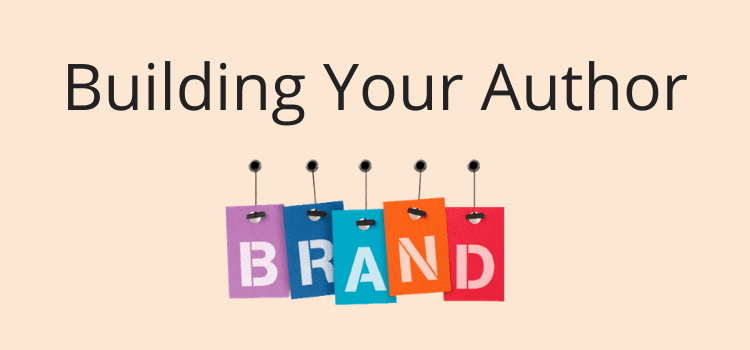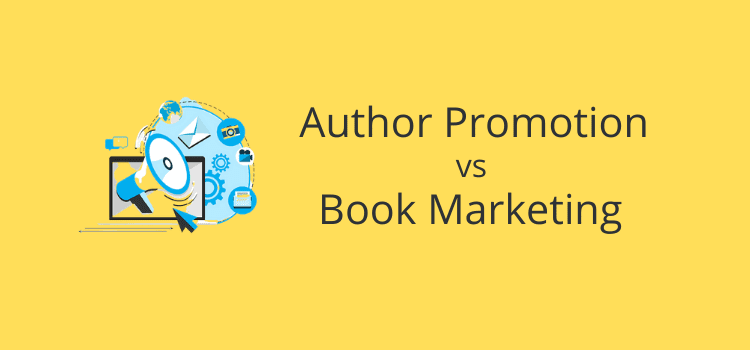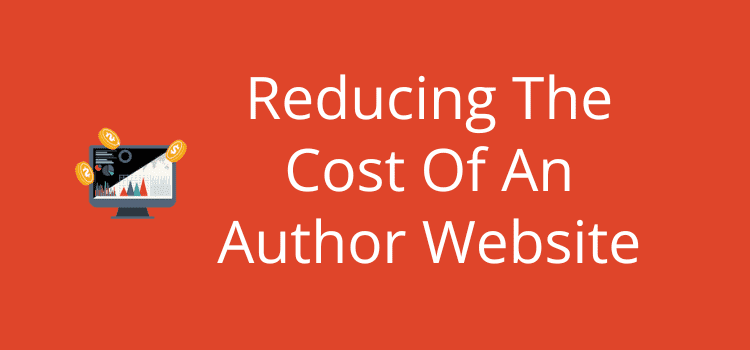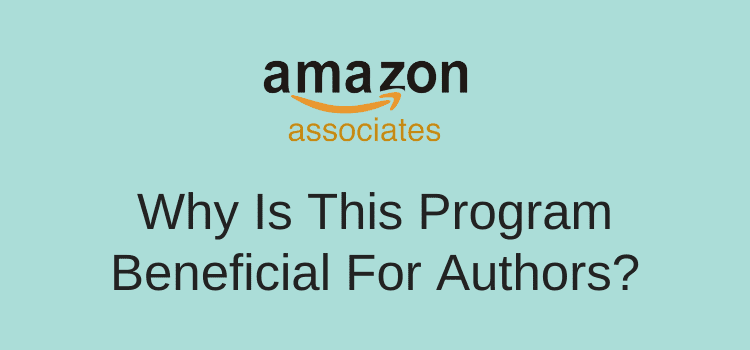
Author branding is the buzzword for creating a public image to brand yourself.
For authors, especially new writers, it’s imperative that you promote yourself as an author and build a brand around your name.
All too often, I see bios of authors that read, in total, Author of Tinkle Tom’s Adventures or similar. It says little except to say that the author has written one and only one book.
Writing a bio like this creates zero interest. It’s just another someone who is trying to sell a book, and it is not good book marketing.
Worse still is if the author uses a username like NightWriter as an anonymous moniker on social media profiles.
Would you buy a book from this unknown person? Of course, you wouldn’t.
Then, when NightWriter finds book sales are pitiful, resorting to an all-in-caps BUY MY BOOK promotion blitz takes over due to desperation.
The end is nigh for both the author and the book.
A much better approach is to use tools for author branding and forget about your books for a while.
In other words, brand yourself, not your books.
When people get to know your name and take an interest in who you are and what you do, they will be far more likely to take an interest in what you do and say.
Perhaps even be interested enough to buy one of your books.
A good example is Amanda Hocking. I know her name well, but I can’t recall a single title she wrote.
But if I want to read one of her books, I can find one in no time on Amazon.
If you want to be a successful author, you need to act like one.
Yes, you have an author’s website, and book covers to click on.
You might even have a media kit.
You probably blog a lot.
But all published authors have to know their target audience.
Or, in other words, who their ideal readers are.
When creating your author brand identity, you need to know who your potential readers will be.
A lover of romance stories is not going to read your book if it is about World War 2 fighter aircraft.
It doesn’t matter if you are self-published, traditionally published, or published in multiple genres.
To build an author platform, you need to know your potential readers’ demographics and reading tastes.
Completely rewrite your bio.
Concentrate on writing a new author bio that will express your abilities, personality, and interests.
You are a writer, so write creatively. Then, use your new bio on every site where you are registered.
If you’re not using your name as your username on social media other than your official pen name, open new accounts with your real author’s name.
Add author or writer once somewhere, so it’s clear who you are and what you do.
Check your blog to ensure your name is the center of attention and that you have a well-written About Me page.
Also, add an easy way for readers to contact you, along with a prominent email subscribe button if you want to build a mailing list.
Social media, of course
Use social media wisely and participate.
Don’t just post about you, my book, you, and my book.
Remember, forget the books for a while.
I have mentioned before that you need to make friends, make fans, make buyers.
Aggressive advertising is effective on the side of a bus but not nearly as useful on social media.
X (Twitter) has become a must for authors. If you’re not on Twitter, get on and start following readers and book reviewers.
Don’t get carried away with following only other authors.
Then, participate in the conversation and make friends.
Interacting, communicating, and being yourself are the best ways to promote and build your author brand.
Groups on Facebook can be helpful, but they tend to be writers talking to writers.
While you might learn something, they are not the best means to connect with readers.
Build on your personal Facebook profile, of course, but there is a 5,000 friend limit on personal profiles.
It would be wise to start a Facebook page because it has unlimited followers and likes.
Other networks
Register on some of the popular social media sites and add a post or two.
You don’t have to use them all that much, as the essential part has been achieved by setting up your profile.
Your bio will now possibly get listings on search engines.
Surprisingly, Pinterest and Flipboard can gain a lot of traffic without much effort, so they are worth a try.
Pick your social sites to concentrate on and use them daily to build your brand.
Facebook, Twitter, and Pinterest are probably the most effective for an author.
Ten minutes spent on each per day will help your name and author brand recognition.
You can automate some social media posts to save time.
Make sure all your blog posts are posted to your social media sites, as your blog is the key to your success.
Blog regularly
By far, the best medium to promote yourself and build your author brand is your blog and author website.
Blog often and only post high-quality and informative content.
You can use your blog as the base for all your social media activities in so many ways.
Investigate ways to use your blog to extend your reach and attract new readers.
Check your progress
Search for your name on Google Search at least once a month and check your progress.
You can set up a Google Alert to inform you of any mention of your name.
This is the best way to see if others are linking to your blog or mentioning you in other areas on the Internet.
So what are you waiting for?
It’s time to get to work. Promote and brand yourself as an author, and forget about your book titles for a while.
Related reading: The Best Author Promotion Tool Is Staring You In The Face
Share This Article



Thank you for this great and informative article. Published my first book Shouter and Bat in episodic form on Kindle Vella and have been confused as to what steps to take next.
This was really helpful and I appreciate it.